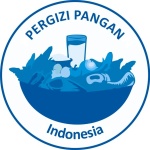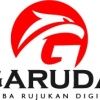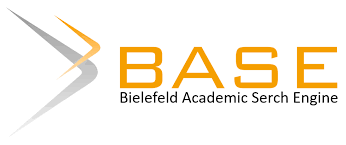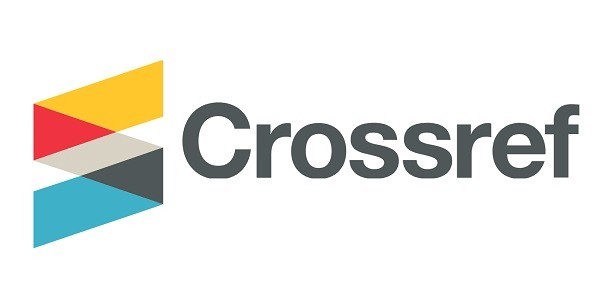ANALISIS KEBERLANJUTAN USAHATANI AGROFORESTRI KOPI DI KAWASAN GUNUNG GEULIS, JAWA BARAT
Abstract
Coffee is an agricultural commodity with high economic value and promising business opportunities, driven by the increasing demand and interest of consumers. One area with significant potential for coffee development is Gunung Geulis, where forest land has been converted into coffee plantations using an agroforestry system. This system is expected to maintain the ecological functions of the area, particularly hydrological services, while also providing economic benefits for the surrounding community. This study aims to examine the implementation process of coffee agroforestry farming in the Gunung Geulis area and determine its sustainability status. Data were collected through observation, interviews, and questionnaires. The analysis was conducted using the MDS-Rapcoffe method in R software to assess the level of sustainability and identify key leverage attributes influencing it. The coffee agroforestry farming process in Gunung Geulis includes upstream subsystems, cultivation subsystems, marketing subsystems, and supporting subsystems. The results show that in Jatinangor and Cimanggung Sub-districts within the Gunung Geulis area, the sustainability values are 64,55% and 66,73% respectively, which are categorized as moderately sustainable.

This work is licensed under a Creative Commons Attribution 4.0 International License.






